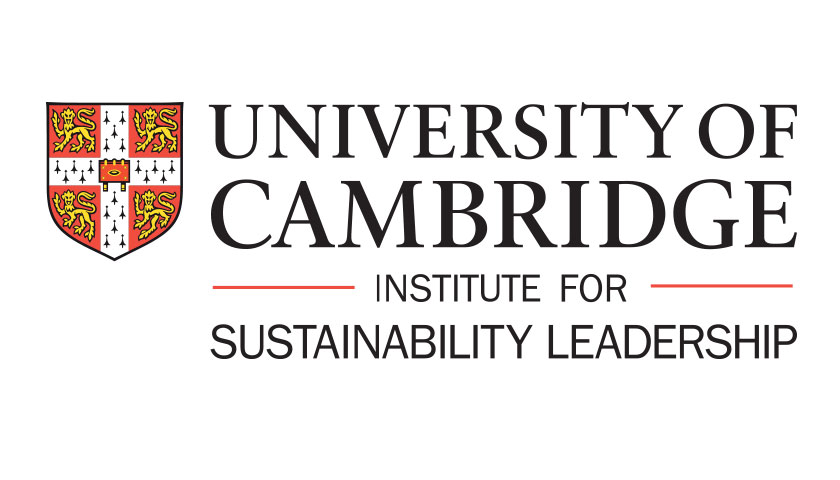Case studies from the Cambridge Institute for Sustainability Leadership (CISL) have revealed how the continued lack of focus on damage to the natural environment is increasing financial risks to businesses and investors.
CISL worked with member institutions of the Banking Environment Initiative and Investment Leaders Group to research case studies which quantify and assess specific nature-related financial risks for a new report. As a direct result of the collaboration, participating financial institutions are now allocating additional resources to support the assessment of nature-related financial risks. The report, Integrating nature: The case for action on nature-related financial risks makes clear the case for integrating nature into decision making and calls on finance leaders to act now to in order to manage nature-related risks and drive investment that protects and restores nature. Insights show:
- Banks and investors can already measure nature-related financial risks with existing tools and data.
- Nature loss creates material financial risks, leading to stock valuation declines approaching 50 per cent and multiple-notch credit rating downgrades.
- Risks quantified are the tip of the iceberg; wider risks to tax revenues and supply chains will greatly amplify the negative consequences of nature loss.
Dr Nina Seega, Research Director, Centre for Sustainable Finance at CISL said: “This is an incredibly timely report that begins to frame the sizable work needed for financial institutions to turn their models around to be nature-considerate and also to begin the reallocation of capital so our environment is protected and regenerated. By detailing precisely how nature loss is financially material, these use cases underscore the need for action and show that financiers can assess nature-related financial risks today. This outcome demonstrates the business case for other financial institutions to engage, support and motivate analysts to create additional use cases to assess nature-related financial risks. By doing so, the risk posed by the decline of nature can be integrated into financial decisions, and the value of nature recognised by our economy.”
A recent assessment by Banque de France showed 42% of securities held by French institutions are highly or very highly dependent on nature. Each of CISL’s case studies is framed within a particular geography, risk type and sector and demonstrates the financial materiality of nature loss, underscoring that action is needed now.
The report states: ‘We depend on the goods and services nature provides. Yet mainstream economics, our method for managing the collective home, fails to account for nature, our protector and provider. This failure has incentivised extractive economic activity, converting natural capital into produced capital.
‘As our extraction-based economy has accelerated, so has the degradation of nature which provides the goods and services on which we depend. If a further three per cent of the Amazon is deforested, the local rainfall cycle could fail and, with it, local food production. The cost of passing this point, where rainforest becomes savannah, is estimated by the IADB at $257billion for the region alone. This is before the global consequences for food security and climate change are factored in, which will have a significant multiplying effect on the GDP at risk. Meanwhile, protecting the forest adequately generates $329 billion of additional wealth.’
The case studies focus on:
- How land degradation creates financial risk in the UK farming sector (in partnership Natwest)
- How soil degradation amplifies the financial vulnerability of listed companies in agricultural value chains in Brazil (in partnership with Robeco)
- The impact of water curtailment on the credit rating of heavy industry in East Asia (in partnership with HSBC)
- The impact of EU Farm to Fork strategy on market value of fertiliser companies (in partnership with Deutsche Bank and UBP)
- Mapping exposure to nature-related risks across financial indices (in partnership with Aon)
Marine de Bazelaire, Group Advisor on Natural Capital, HSBC & TNFD Taskforce Member said: “Nature is core to our global economy. Transitioning to a regenerative business model that integrates the value of nature into financial decisions is a win-win for all. Whilst urgency and complexity set a great challenge, we as Financial Institutions need to work collectively to set the right standards and play our role as key partners to this vital transformation that will protect and regenerate nature.”
James Close, Head of Climate Change, NatWest said: “Maintaining planetary boundaries and delivering long-term value for bank stakeholders creates the imperative for assessing nature related financial risks and opportunities. It a complex and evolving area that requires collaborative approaches with partners, stakeholders and peers such as this programme at CISL.”
Victoria Leggett, Head of Impact Investing, UBP, said: “The Case for Action on nature-related financial risks is a timely and practical follow-up to the ‘Handbook for Nature-related Risks’. We are moving from the ‘why’ to the ‘how’ and the urgency of this next step could not be greater.”
Tim Manuel, Co-Head Responsible Investment UK Aon said: ‘Aon is proud to have contributed to this important work. The urgent need to address nature-related loss must be supported by a better understanding of the risks and dependencies. This publication raises awareness and gives investors the tools to act.’
Markus Müller, Global Head of Chief Investment Office, Deutsche Bank Private Bank said: “The concept of natural capital is likely to become increasingly important in economic decision-making. ESG investment assessment needs to look at the entire (product) life cycle and across the whole company supply chain – while considering nature-related risk.”
